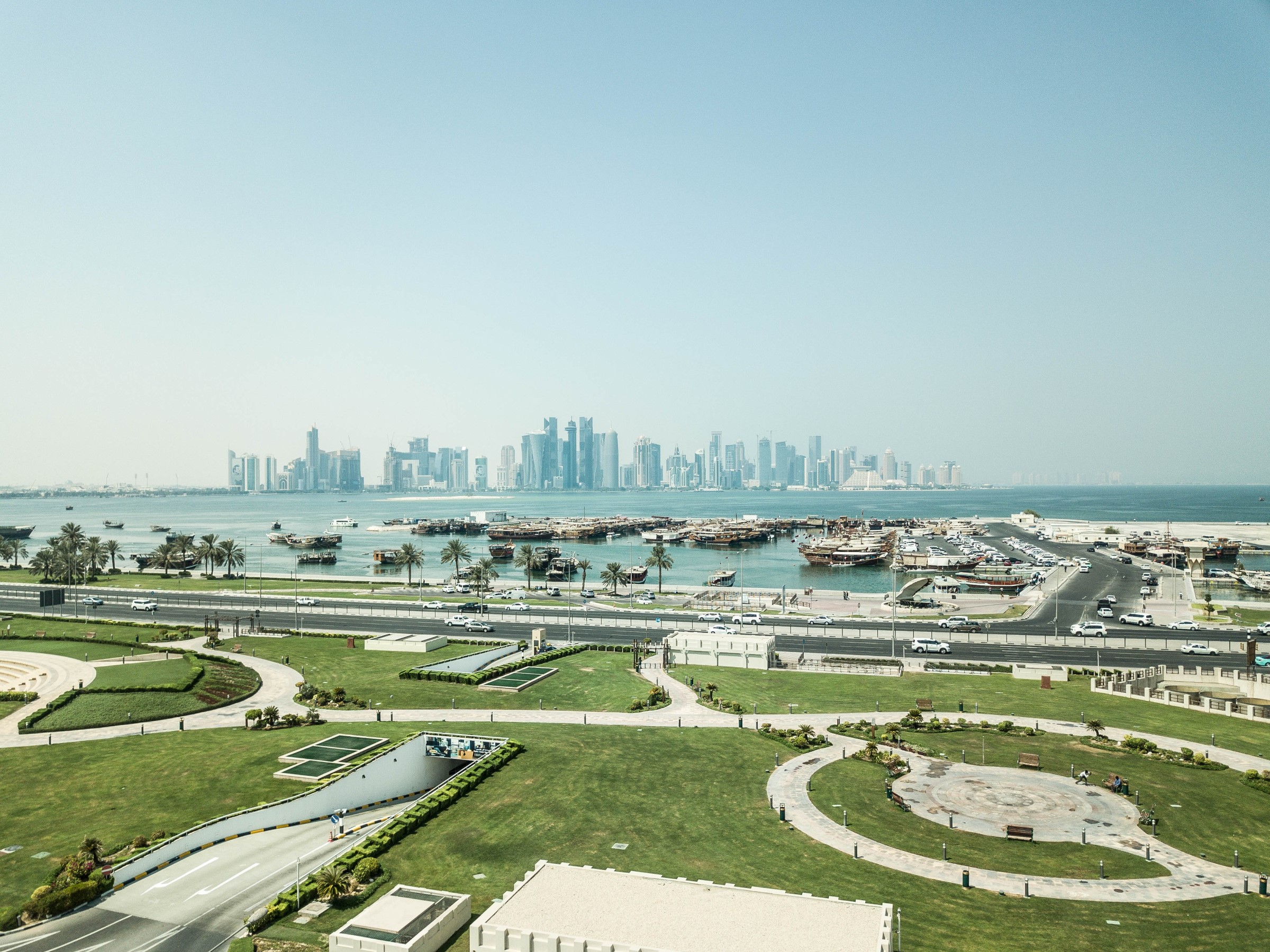Is it possible to be critical in Qatar? That depends on how you define criticism. As a journalist and marketing expert, let me tell you what I've told friends about my experience as a journalist living in Qatar for almost a decade and a half: Freedom of expression here is very different to that of the West.
Let me start with some context. The State of Qatar is an Islamic nation with 2.7 million inhabitants. Over 65 percent of the population is registered as Muslim and it is ruled by a unitary parliamentary semi-constitutional monarchy. As you can imagine, in a country where the prime minister is appointed by the Emir, who also approves all laws and decrees, and where political bodies and trade unions aren't allowed, freedom of expression is completely different. And: We all kind of know that it is dangerous to publicly criticise government decisions, this is an unspoken fact. The backlash would be getting on the CID's blacklist – which is why people are wary of doing so.
In the West, things look different. Whether it's #MeToo or #BlackLivesMatter, it's usually about questioning certain problematic actions or statements by individuals, calling for support via social media, and deriving political consequences from this. In Qatar, social media is as influential as it is everywhere else in the world – e.g. regarding lifestyle, beauty, fashion or religion – but one hardly reads any public political criticism of one's own country there. A lot of what is discussed openly in the Western world rarely enters public debates here, i.e. LGBTQ rights, Pro-Choice movement, Women Rights, because of the religious and cultural history of the country. Instead, conversations are happening, privately and yet earnestly all around us.
What is being passionately debated in public is the defence of Qatari identity and the nation's interests. An Example: In 2017-2021, there was a diplomatic crisis in the Middle East, also referred to as the Qatar crisis. Saudi Arabia and its allies Egypt, Bahrain, and the United Arab Emirates accused Qatar of supporting terrorist groups in the region and blockaded the country. The borders were closed and diplomatic relations were severed. For me, it was very revealing to see how the Qatari people reacted to this crisis: Qatar's diverse population completely changed their buying patterns and preferences to stop supporting products of the blockading nations, choosing instead local options and, later, products imported from nations that supported Qatar. During this time conversations inevitably shifted to the blockade and the reasons why the blockading nations were doing this, you could feel the emotional responses anchored in the collectivist pull to belong to the tribe.






